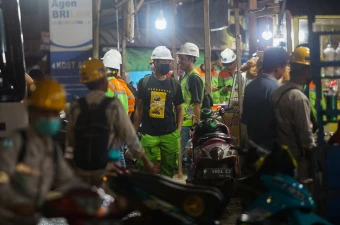The EU Single Market accounts for 450 million consumers and is an attractive market for other countries. The EU’s longstanding support to civil society by institutionalizing the participation of civil society actors in trade agreements has been unprecedented and aims to offer a broad support base for civil societies to operate as policy actors.

The role of the civil society in trade agreements has also significantly evolved. Domestic Advisory Groups (DAG) were created as a civil society monitoring mechanism of sustainable development in EU trade agreements.
However, the issue remains whether DAGs can effectively do what they were introduced for. With the growing number of DAGs, also the expertise of DAG members is growing, those members sitting on more than one DAG.
This non-paper covers issues regarding the organisation, the empowerment of members and transparency. It also contains recommandations regarding the implementation of TSD chapters. Some proposals relatively easy to achieve and others require a more institutional overhaul.
It is based on research, workshops and feedback from DAG members across sectors (private sector, trade unions, NGOs). It also incorporates recommendations of the first All DAGs meeting organised by the EESC on 5 July 2021, bringing together all members of the 11 EU DAGs.
This non-paper aims to share recommendations with EU and partner countries DAG-members, trade partners, the EESC, the Chief Trade Enforcement Officer (CTEO), the European Commission, the European Parliament and Member States.
Download Non Paper
Strengthening the Domestic Advisory Groups
Publication date 13 10 2021


